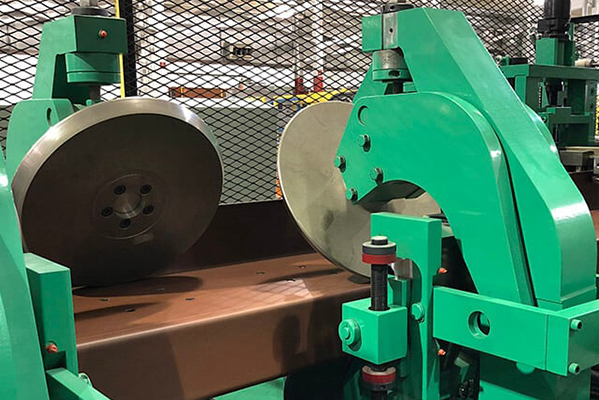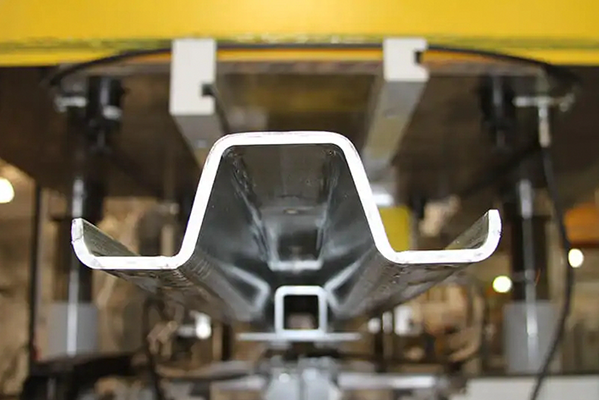Navigation Menu
Contact Us
- Email:
- info@wxavatar.com
- Address:
- Yurong Village, Yuqi Street, Huishan District, Wuxi, China.
Release Date:May 15, 2025 Visit:89 Source:Roll Forming Machine Factory
When it comes to industrial construction, efficiency and durability are always top priorities. One innovation that's gaining attention is modular metal roofing systems. These prefabricated components are changing how builders approach large-scale projects, offering potential benefits that might make them worth considering for your next build.

What Makes Modular Metal Roofing Different?
Modular metal roofing consists of factory-made panels designed to fit together quickly on-site. Unlike traditional roofing methods that require more labor-intensive installation, these systems come pre-engineered to specific dimensions. The components typically include interlocking panels, trim pieces, and all necessary fasteners - everything needed for a complete roof assembly.
For metal building projects, this approach can mean less time spent measuring and cutting materials on location. Workers simply follow the manufacturer's instructions to connect the pieces, similar to assembling a large-scale puzzle where all the parts are made to fit precisely.
Practical Benefits for Industrial Applications
Time savings stand out as one of the most noticeable advantages. Since much of the fabrication happens off-site, weather delays become less of a factor during installation. The reduced need for on-site adjustments can help keep projects moving forward.
Durability remains a key factor in metal building and roofing equipment decisions. Metal roofs naturally resist many issues that plague other materials - they don't rot, warp, or attract pests. Modular systems maintain these characteristics while adding the benefit of consistent quality control from factory production.
Maintenance considerations also favor metal options. When repairs are needed, individual panels can often be replaced without disturbing the entire roof structure. This modularity can lead to lower long-term upkeep costs compared to traditional roofing systems.
Cost Considerations
Initial pricing for modular metal roofing systems may appear higher than some conventional options. However, when factoring in reduced labor costs, faster completion times, and longevity, many builders find the total project economics favorable.
The precision of factory fabrication also means less material waste on job sites. Pre-cut components arrive ready to install, eliminating the excess that often comes with field measurements and adjustments.
Installation Factors to Consider
While modular systems simplify many aspects of roofing, proper installation remains important. Working with experienced contractors familiar with metal building and roofing equipment ensures the system performs as intended. Some key installation points include:
Proper handling to prevent panel damage during transport and placement
Correct fastener placement to maintain weather resistance
Attention to expansion and contraction requirements
Appropriate insulation and ventilation considerations
Potential Applications
These systems show particular promise for:
Warehouse and distribution centers
Manufacturing facilities
Agricultural buildings
Aircraft hangars
Large retail spaces
Any structure requiring expansive, uninterrupted roof areas could potentially benefit from modular metal roofing approaches.
Looking Ahead
As industrial construction continues evolving, modular metal roofing presents an interesting option worth exploring. The combination of factory precision with on-site efficiency addresses several common challenges in large-scale projects. While not necessarily the perfect solution for every situation, these systems offer a compelling alternative that could influence how industrial roofs get built in coming years.

For builders and facility owners evaluating metal building and roofing equipment options, modular systems deserve consideration alongside traditional methods. The decision ultimately depends on specific project requirements, timelines, and budget considerations - but the potential advantages make this approach worth a closer look.